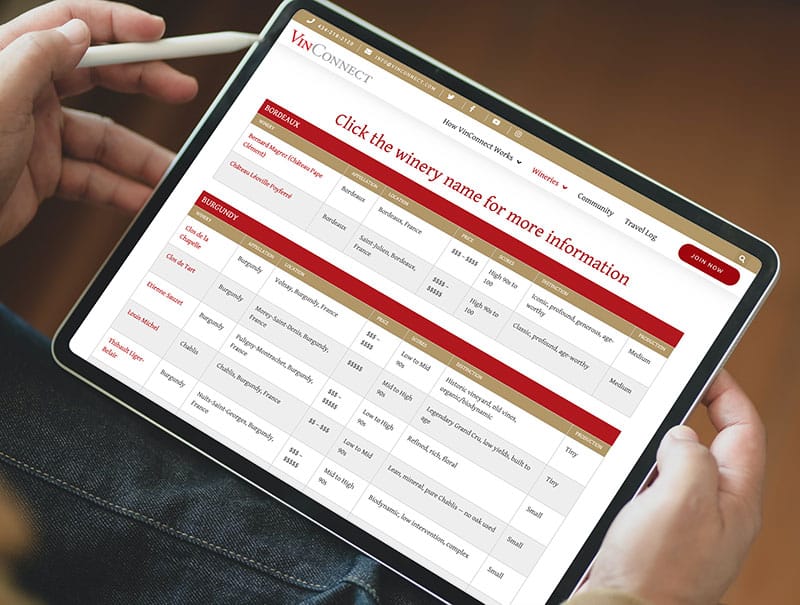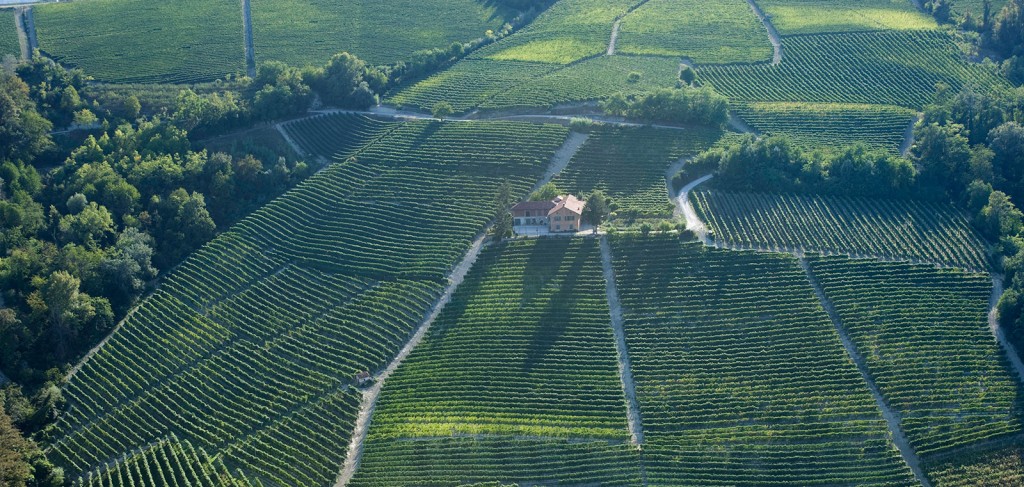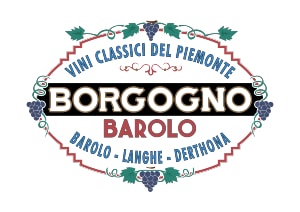About Borgongo
The Borgogno name represents over 250 years of history in the Barolo region, its origins dating back to 1761 with the founding of the first winery by Bartolomeo Borgogno. One of the oldest cellars in all of Piedmont, Borgogno wines have enjoyed centuries of acclaim, its Barolo selected as the wine of choice at the official dinner celebration of the Italian Unification in 1861 and again in 1886 honoring the official visit of Nicola II Romanov, Czar of Russia.
After the end of WW1, under the direction of Cesare Borgogno, the wines began to make their way abroad, establishing important markets in South America and the United States. The winery was completely renovated in 1959, and in 1967 Cesare transformed the organization of the company to assume its current name “Giacomo Borgogno & Figli.”
Today, Giacomo Borgogno & Figli continues its legacy of producing quality Barolo, uniting tradition with innovation, based on centuries of experience. The philosophy of winemaking follows a traditional approach, allowing the Barolo to age five years before its release, three in large Slavonian oak casks and two in bottle. Borgogno is one of the very few wineries in Piedmont to boast a library collection of classic vintages, spanning more than five decades, each bottle meticulously safeguarded in the historic cellar in Barolo.
The Borgogno winery farms approximately 20 hectares (49 acres) of vineyards, located in some of the most prestigious areas in Barolo such as Cannubi, Liste, Fossati and San Pietro. In addition to the Barolo wines (classic Barolo, Barolo Liste, and the Riserva), the winery produces traditional Piedmont red wines including Dolcetto d’Alba, Barbera d’Alba, Barbera d’Alba Superiore, Langhe Nebbiolo, Langhe Freisa, and Barolo Chinato. All of the wines are produced from 100% estate-owned vineyards.
In 2008, Giacomo Borgogno & Figli was acquired by the Farinetti family. An extensive renovation of the historical cellar in Barolo was completed in 2009, and included the addition of a charming tasting room and wine shop in the heart of the famed village to welcome visitors and wine enthusiasts from around the world.



Being slow in ones actions means having the time to truly understand things and to do them in the right way. We’ve applied this philosophy to our vineyards and our wines since 1761.